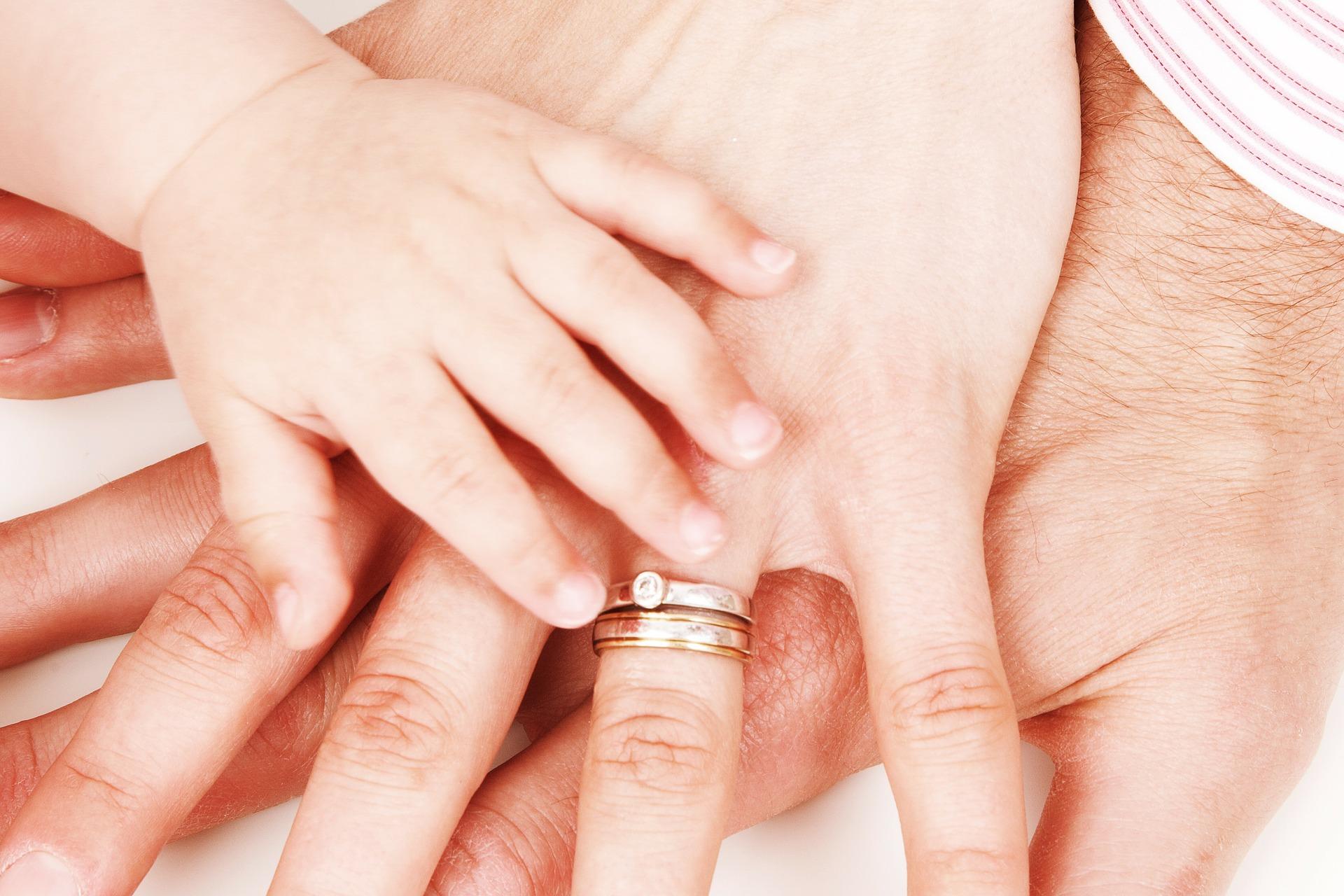I have to admit that, as a parent, I never really thought about the human challenge of raising our young. Certainly I love my kids, and tried to be the best parent I could be (and I am sure, as a parent, the same can be said of you). But did I ask questions like “What is the best thing I can do for my kids?” “What will most help them transition to successful adulthood?” And “What kind of kids will not only improve humanity, but do the most good for our planet Earth and all the rest of life on it?”
Kids, young people, teens, adolescents – these “creatures” love to be excited, active, engaged in doing and experimenting and playing. Knowing that, does it make sense to sit them at a desk with a book at the age of 5, and leave them there through their entire childhood, through all of their vital, formative years? And if that doesn’t make sense, what might be a better approach?
For that matter, forgetting the young for a moment, is what we are doing as humans globally, the best for Earth, all the rest of life on it, and (most importantly) for the success and well-being and peace of each other? And again, if that doesn’t make sense … what does?
The very fact that we ask these questions is fascinating. Humans are utterly unique in this regard. There are 10 million current living species on Earth, and ONLY humans have these concerns. The rest of life knows perfectly well exactly what to do to insure the success of their young and to continue their success as a species. Truth be told, we might be wise to observe how the rest of life raises their young (especially our primate cousins) and ask ourselves what we can learn.
Another unique and very disturbing fact is that suicide is the leading cause of death among 15-24 year-olds, and the second leading cause of death among 10-14 year-olds. These are shocking figures and reveal much about what’s going on in our society.
Did you know that kids today in the United States:
- Earn less than their parents (NPR/All Things Considered)
- Are less educated than their parents (NPR/Here and Now/Jeremy Hobson); and
- Will live shorter lives than their parents, by as much as 2 to 5 years (New England Journal of Medicine)
Nothing is more exhilarating than the positivity and excitement of youth, but are we passing on to them a life that contains a fighting chance? Judging from some aspects of our “society,” especially the political dysfunction and turmoil, one wonders.
There is a better way, the way of peace. In this scenario, whole communities are involved in raising the young. The skills that are taught include inclusion, communication, looking for and celebrating the 99% that all 7 billion of us have in common, instead of hating, fighting, and killing over the 1% differences.
But we can’t do it alone. I need you. We need each other. And we need to find common ground, areas of agreement. Separately we are impotent, powerless, and alone. Together we can move mountains. “We do together what we cannot do alone;” “No man (or woman) is an island;” and “United we stand, divided we fall.” Join us.



5vll35
hz6osa
t2vrnk
8bv4nu
ll9cg7
t7u9tz
iza0aa
m33tj7
8ir211
kyrclu
2qwywg
hyza8q
o4rtyx
ir5zk7